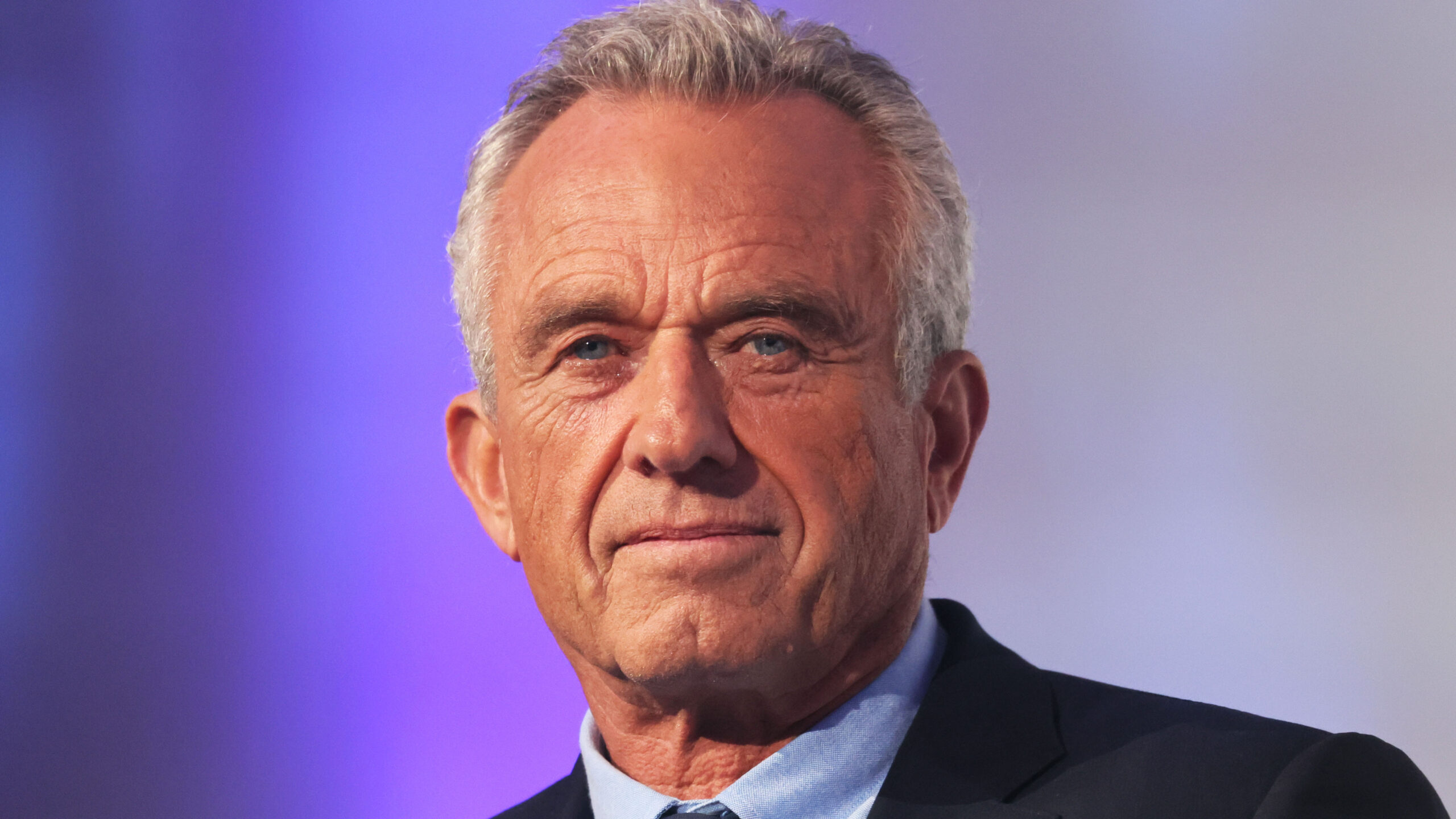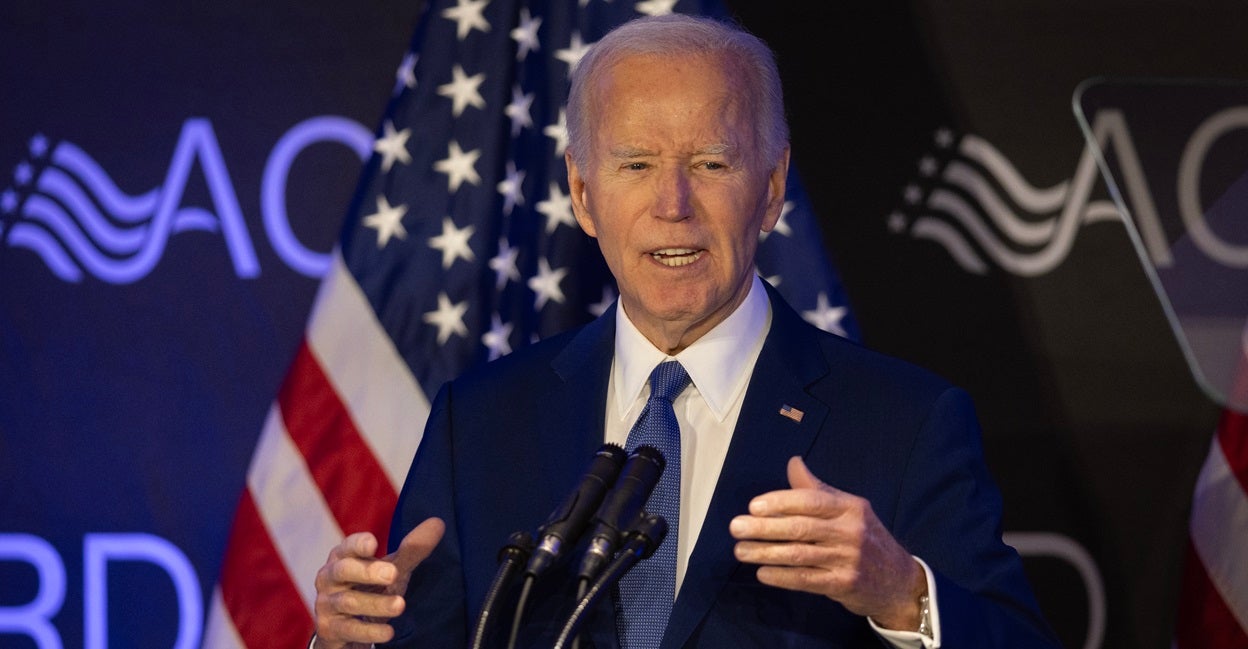‘Illegal weaponization’: States sue coal-industry investors for threatening energy supplies



Multiple states have joined in a lawsuit against several major investors in the coal industry far taking their climate change ideology too far – and actually threatening the nation’s energy supply.
Fox News reports Wyoming, Texas, West Virginia and eight other states have gone to court against BlackRock, State Street and Vanguard, charging the industrial investing giants bought into and then used their leverage with various coal companies to “artificially” limit the industry.
“These companies should only be maximizing returns for investors, not working to advance their radical climate change agenda by leveraging their holdings and pressuring American energy companies,” charged West Virginia Attorney General Patrick Morrisey.
According to the report, he warned his state stood to be directly harmed by the actions alleged as coal-fired power plants account for nearly 90% of Mountaineers’ electricity generation in 2022.
Other states that are plaintiffs in the case include Alabama, Arkansas, Indiana, Iowa, Kansas, Missouri, Montana and Nebraska.
The West Virginia Office of Miners’ Health & Safety reported 55,000 West Virginians work in coal mines as of 2023.
Ken Paxton, the attorney general for Texas, said, “Texas will not tolerate the illegal weaponization of the financial industry in service of a destructive, politicized ‘environmental’ agenda.
“BlackRock, Vanguard, and State Street formed a cartel to rig the coal market, artificially reduce the energy supply, and raise prices. Their conspiracy has harmed American energy production and hurt consumers. This is a stunning violation of state and federal law.”
A report at Cowboy State Daily explained Wyoming’s concerns.
The report said the lawsuit is over “three massive investors” who are accused of “colluding to downsize coal companies in the name of achieving net-zero carbon emissions, and driving up energy prices for Americans and monopolizing the market in the process.”
The report explained the defendants “all acquired large percentages of major coal companies, then used their influence to bully the companies into cutting production.”
A statement from Wyoming Gov. Mark Gordon’s office said the defendants, each, “has individually acquired substantial stockholdings in every significant publicly held coal producer in the United States. Each thereby has acquired the power to influence the policies of these competing companies and significantly diminish competition in the coal markets.”
The defendants in 2021 had confirmed they would be activists in the climate agenda, with goals of cutting coal out of the energy production industry as much as possible.
Gordon said, “Under the guise of ESG policies, (the investors) have leveraged their holdings and voted their shares to artificially constrain the supply of coal and significantly diminish competition in the markets for coal, which resulted in increased energy prices for American consumers and extraordinary profits for the asset managers.”
The case seeks a court declaration the companies “violated an anti-monopoly federal law; to award damages to the states; to stop the investors from using their stock, proxy voting or other means to restrain coal output; and make the investors pay civil fines and penalties for violating a Texas business law, among other penalties,” the report said.
The investors own about 30% of Peabody Energy, 34% of Arch Resources and small portions of other coal companies, like Black Hills Corp., the report said.
Congress, since 1914, has banned acquiring stock where the effect is to substantially lessen competition.
The report explained, “From 2019 through 2022, Peabody Energy’s production fell by 34.7 million tons, or 25.5%, says the complaint. Its revenues rose by $358.5 million during the same period, and its profits soared by $1.593 billion, or 853.9%. Arch Resources’ production fell by 9.4 million tons over that timeframe, or 11.7%, while its revenues rose by $1.448 billion and its profits skyrocketed by $1.097 billion, or 469.2%, says the complaint.”
What's Your Reaction?
 Like
0
Like
0
 Dislike
0
Dislike
0
 Love
0
Love
0
 Funny
0
Funny
0
 Angry
0
Angry
0
 Sad
0
Sad
0
 Wow
0
Wow
0





































































